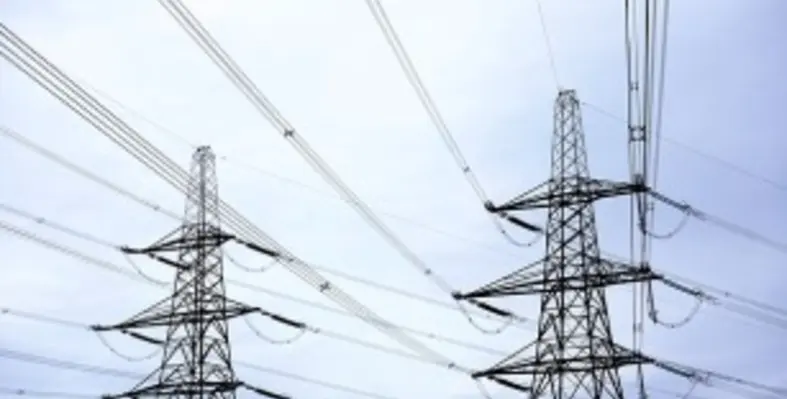The Abu Dhabi Department of Energy (DoE) has issued the 2019 Annual Technical Report for Water, Wastewater and Electricity Sectors in Abu Dhabi, as part of its role as the regulating body, in charge of driving improvement in the technical performance of the energy sector
The aim is to enable the sector to play its critical part in driving the energy transition with improved efficiency and security of supply, while contributing to socio-economic growth and environmental sustainability.
The report features performance indicators for the water, electricity, and wastewater and recycled water, health, safety and environment, exploring productivity rates and the developments that have transformed these sectors, as well as demand loads, transmission and distribution, and power grid performance in addition to identifying licensees in each sector.
DoE chairman Awaidha Murshed Al Marar, said, ?The Abu Dhabi Department of Energy continues to lay the groundwork for the energy sector?s transformation, guided by the directives of the UAE?s wise leadership, and the local and national visions and strategies put forth to improve the sector?s performance, ensure a sustainable supply, and play an active role in the economic and social development of the Emirate of Abu Dhabi, and the UAE as a whole.?
Water demand peaked due to economic growth
The Abu Dhabi Emirate?s global water demand in 2018 peaked at 3.76 million cubic metre per day, due to population, economic and industrial growth.
Abu Dhabi has nine major desalination plants which marked a total gross production capacity of 4.36 million cubic metre per day and produced a total of 1,214 million cubic metre in 2018, averaging 3.33 million cubic metre per day.
In general, thermal desalination accounted for 85 per cent of the water production in Abu Dhabi while the remaining 15 per cent was generated by seawater reverse osmosis (RO).
In terms of water quality measurement and analysis across the desalination plants, a total of 57,249 tests were completed with 64 water quality determinants examined for RO and 51 for thermal desalinated water. The overall compliance with the sampling frequency measure (SFM) was 100 per cent, while prescribed concentration or value (PCV) was 99.91 per cent.
Increase in electricity demand compared to previous year
In the electricity sector, the total system demand peaked at 11,080MW on 11 July, a 1.9 per cent increase from last year (10,876MW). The same date also witnessed the highest global demand for electricity (Abu Dhabi and exports) in 2018, reaching 15,125MW ? an increase of 2.3 per cent compared to the previous year (14,788MW).
Natural Gas remained the predominant fuel type
It is used within the sector to generate electricity and produce water in Abu Dhabi. Both ADNOC and DEL continued supplying the sector with natural gas throughout the year without the need to burn any back-up-fuel. It is reported that both ADNOC and DEL have delivered around 819,922,319 BBTU of natural gas to the sector, which is 0.9 per cent less than last year.
The report findings indicate that Abu Dhabi has a collection network of 8,447km, while the wastewater collected in 2018 was 311,858 MI averaging 855 MI per day. The emirate also has 39 sewage treatment plants operated by ADSSC with a total capacity of treating 1,298 MI per day of wastewater.
The average recycled water produced was 822 MI per day with 57.5 per cent reused predominantly for landscape irrigation purposes. Recycled water quality compliance for 2018 was 99 per cent in sanitary, 97 per cent in microbiological and 97 per cent in trace elements parameters. For biosolids, 48,670 dry tonnes were 100 per cent transferred to landfill sites for disposal.








